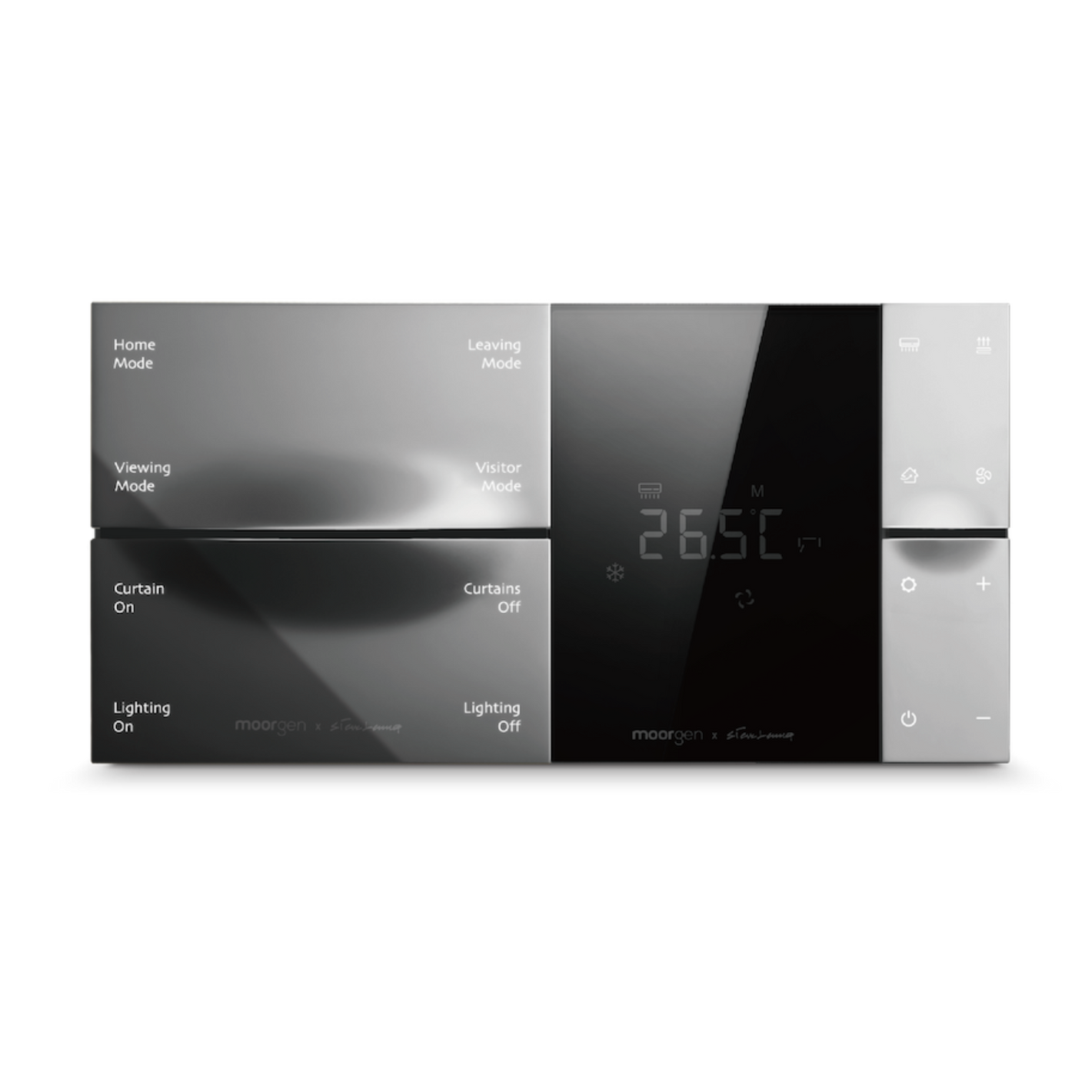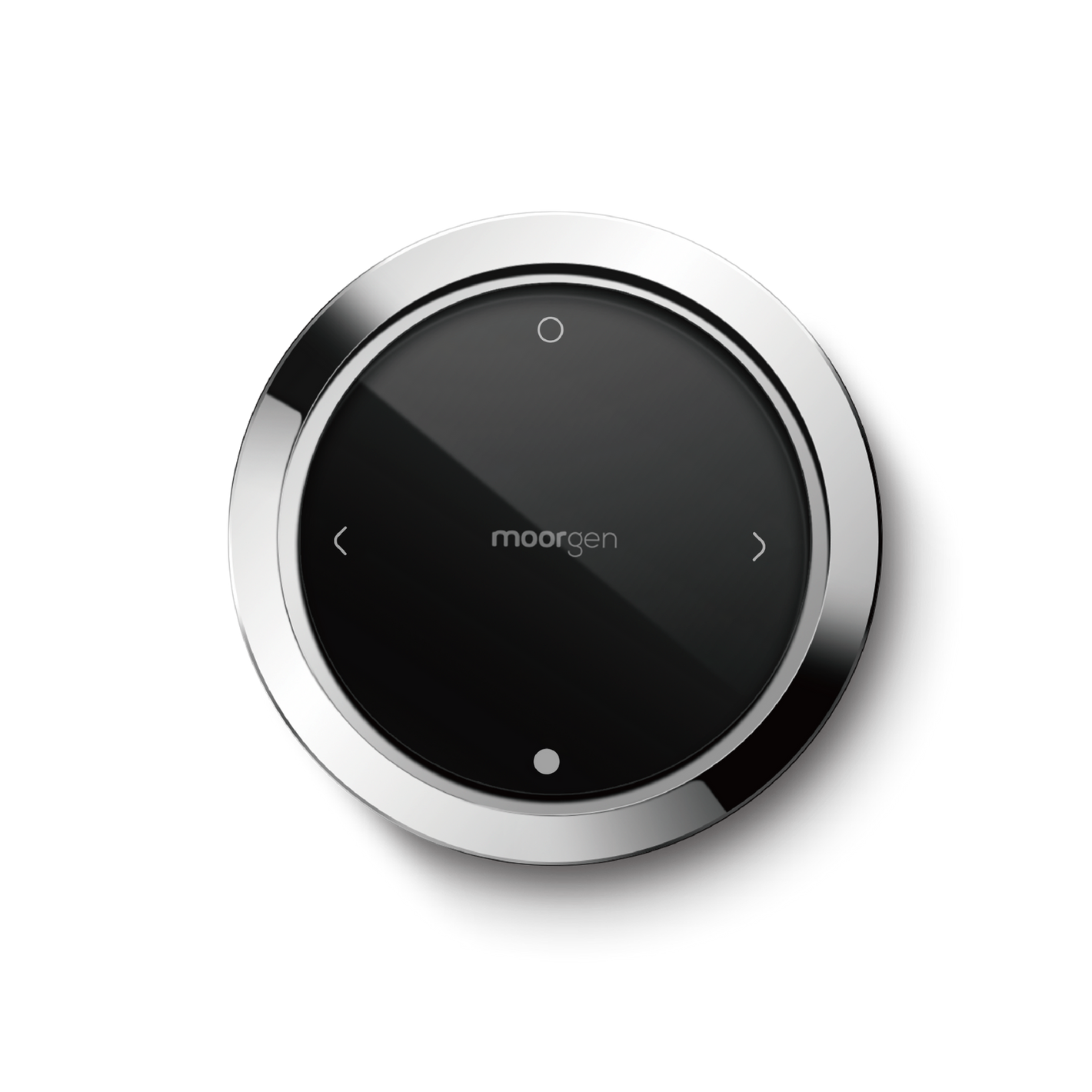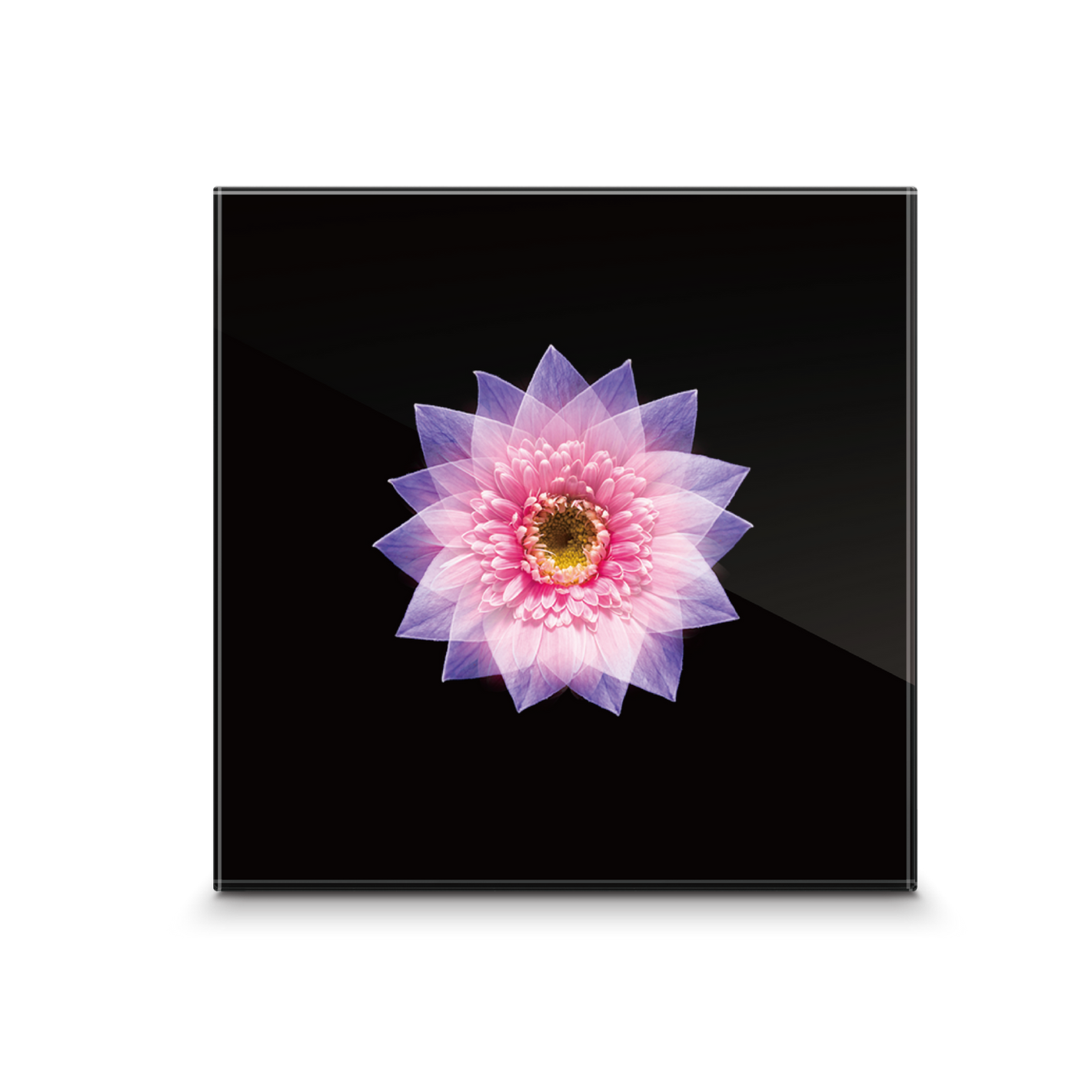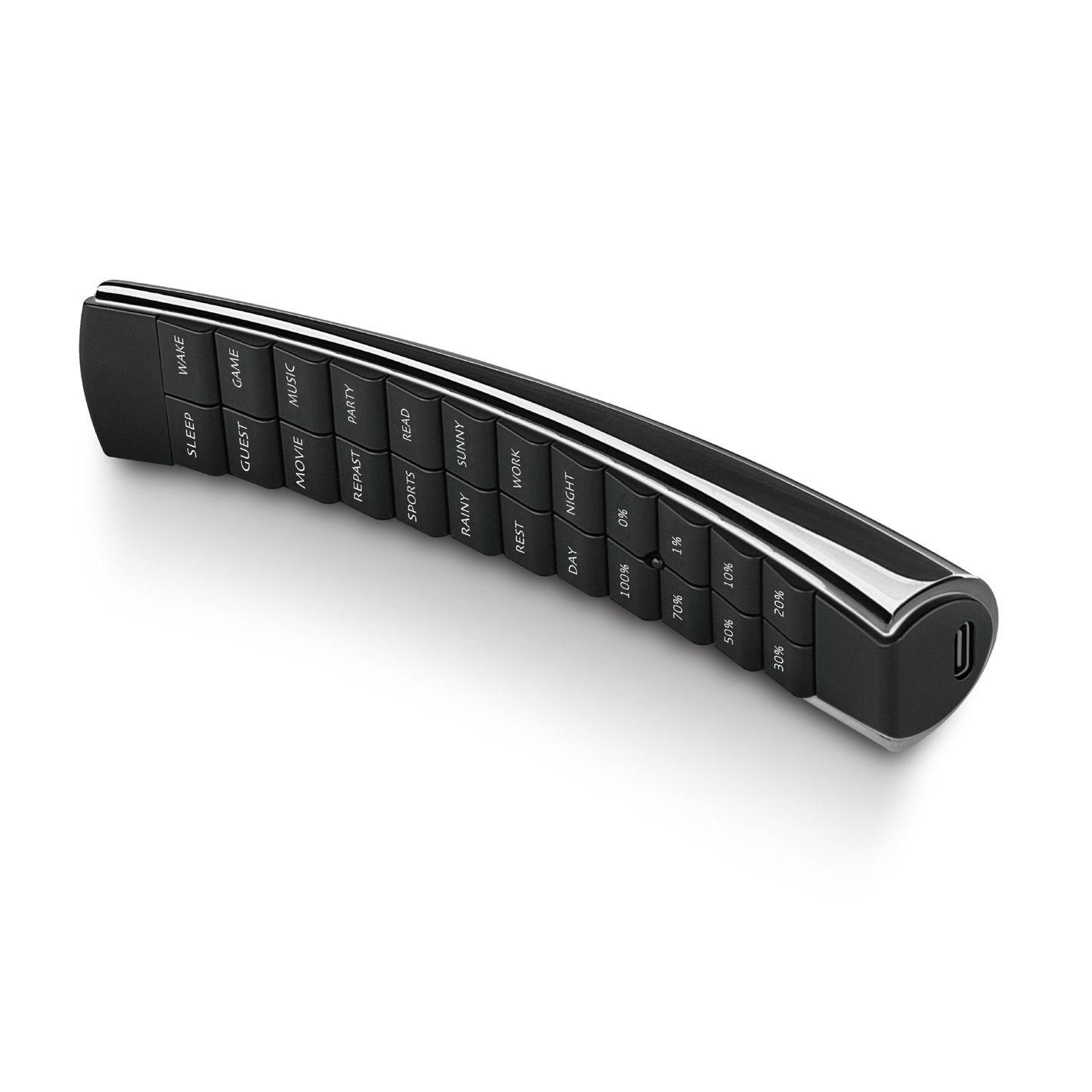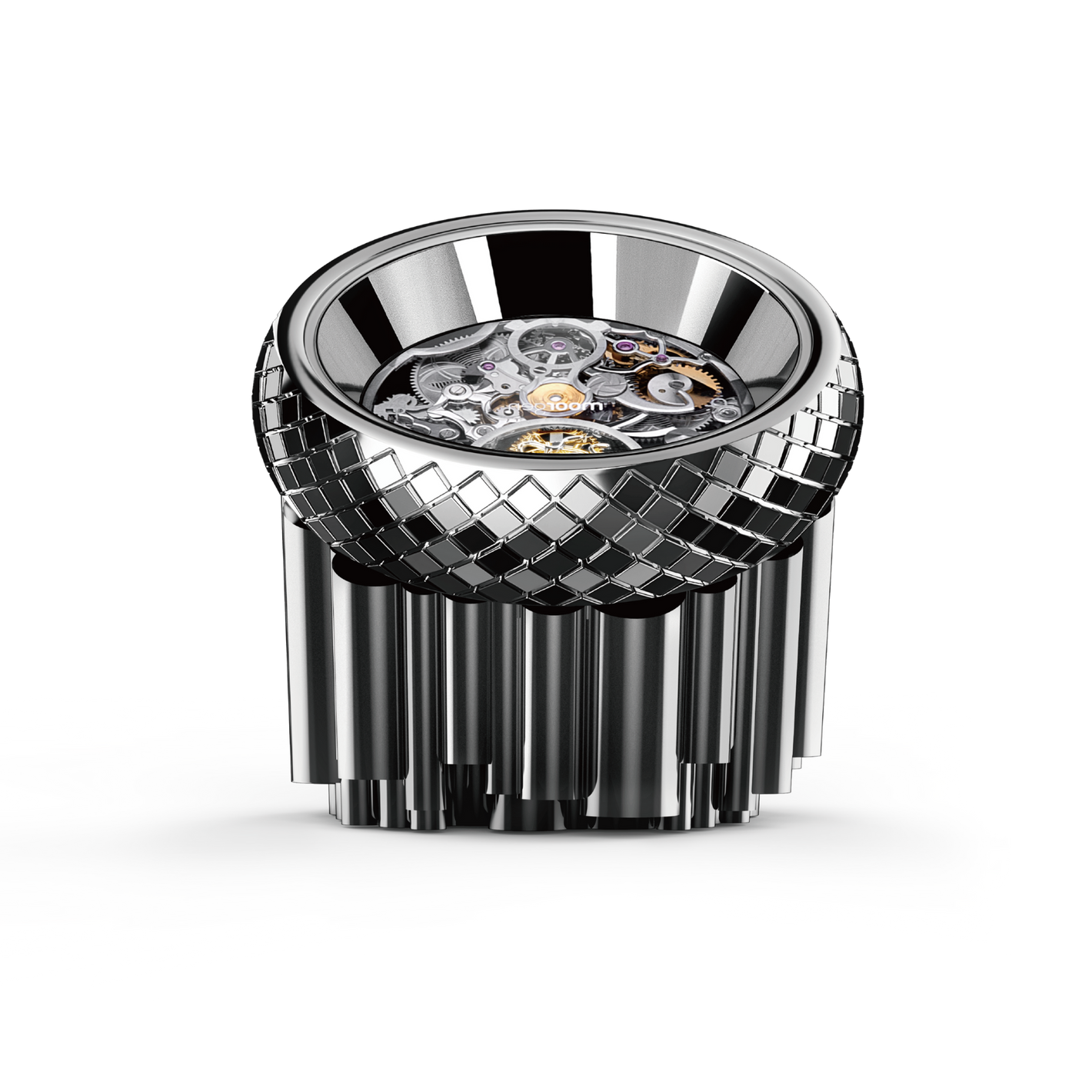【Smart Home Living】Air Conditioner Emitting Musty Smell? 8 Methods to Deodorize Your Air Conditioner!
With summer approaching, the temperature in Hong Kong is gradually rising. When you haven't used your air conditioner for a while and then turn it on again, you may notice a musty or peculiar smell emanating from it. There are several reasons why your air conditioner might have a musty smell, but most of them boil down to insufficient cleaning. Especially in a humid place like Hong Kong, the issue of musty smell is more pronounced compared to other areas. This article by Moorgenzine will provide you with 8 methods to deodorize your air conditioner, preparing you for the summer season.
Key Points of this Article:
- 4 Main Causes of Musty Smell in Air Conditioners
- Air Conditioner Mold Growth
- Accumulation of Organic Matter on Air Filter and Fan Blades
- Presence of Insect Corpses Inside the Air Conditioner
- Air Conditioner Drawing in Odors from Drain Pipes
- Do New Air Conditioners Have Odors?
- 8 Methods to Deodorize Air Conditioners
4 Main Causes of Musty Smell in Air Conditioners
Generally, whether it's a split-type air conditioner or a window-type air conditioner, they shouldn't emit a musty smell. However, if your air conditioner at home emits such a smell, it's mostly due to inadequate cleaning, including:
- Air Conditioner Mold Growth
- Accumulation of Organic Matter on Air Filter and Fan Blades
- Presence of Insect Corpses Inside the Air Conditioner
- Air Conditioner Drawing in Odors from Drain Pipes
1. Air Conditioner Mold Growth
The operation principle of an air conditioner involves drawing in indoor air for cooling and then releasing it as cold air. However, Hong Kong's humid weather causes the air conditioner to draw in a significant amount of moisture along with the indoor air. This moisture accumulates inside the air conditioner, creating a conducive environment for mold growth. When mold continues to proliferate and encounters dust, dirt, and other organic matter accumulated inside the air conditioner, mold begins to form. As the air passes through these moldy areas each time, it carries the musty smell into the indoor space.
2. Accumulation of Organic Matter on Air Filter and Fan Blades
Research conducted by the Biology Department of Hong Kong Baptist University confirmed that human skin flakes (shed from the surface of the skin) can become a food source for bacteria in the refrigeration system of air conditioners. Even if you can't see dust on the air conditioner, it can emit a smell similar to urine. Similarly, when the air conditioner draws in indoor air, it also sucks in our skin flakes, pet hair, and other organic matter, which accumulate on the air filter and fan blades. When bacteria are present in the air conditioner, they decompose organic matter into ammonia, resulting in a smell similar to urine.
3. Presence of Insect Corpses Inside the Air Conditioner
Regardless of how clean your home is, insects like cockroaches and ants are inevitable. It could also be due to the neighbor's unclean surroundings, where insects appear and then crawl into your home! The interior of the air conditioner is a perfect nesting place for insects. When insects die, their corpses ferment inside the air conditioner, resulting in a peculiar smell.
4. Air Conditioner Drawing in Odors from Drain Pipes
If you have thoroughly cleaned your air conditioner every year, including regularly washing the air filter, but there is still a smell, it may be due to improper connection of the air conditioner's drainage pipe to the building's sewage system! When the evaporator of the air conditioner accumulates dirt and begins to have difficulty extracting indoor air, it may start to draw in air from the sewage pipe, introducing the odor from the sewage pipe into the indoor environment. Long-term inhalation of odors from sewage pipes not only affects your living environment but also has a significant impact on your health.
If unfortunately, your air conditioner's drainage pipe is indeed connected to the sewage pipe, you can also install a check valve to solve the problem. However, it's important to note that the check valve needs regular cleaning and should not be blocked, otherwise, the air conditioner may not function properly.
Do New Air Conditioners Have Odors?
If you've just installed a new air conditioner at home, you may notice a slight sour odor initially, but there's no need to worry; it's perfectly normal. This is because before installation, the components and parts of the air conditioner have been sealed in the packaging box for a long time, and moisture may have accumulated in the packaging box during transportation, resulting in a slight odor when the air conditioner is unboxed.
When using a newly installed air conditioner, there may be a slight sour odor in the short term, but generally, after using the air conditioner a few times, the odor will gradually decrease and disappear.
8 Methods to Deodorize and Prevent Musty Smell in Air Conditioners
Having understood the causes, it's important to know what DIY methods are available to deodorize your air conditioner. Moorgenzine has collected 8 methods:
- Regularly clean the air filter.
- Periodically replace the air filter.
- Switch to an anti-mold and antibacterial air filter.
- Use air conditioner mold-proof and antibacterial deodorizing patches.
- Use a 1:99 bleach solution for mold removal and sterilization.
- Use specialized foam cleaner for air conditioners.
- Activate High Fan mode to eliminate moisture and odors.
- Deep clean the air conditioner.
Now let's discuss each method in detail:
1. Regularly clean the air filter
Cleaning the air conditioner filter regularly (approximately once every 2-3 weeks) is the basic maintenance and deodorization method. Remember to avoid using a brush to clean the air filter, as it may enlarge the holes in the filter, rendering it ineffective in filtering dust. The best method is to rinse the air filter from the back (the side with accumulated dust) from top to bottom using a shower spray. Since cleaning the air filter requires opening the air conditioner cover, you can also use a dry cloth to clean the surface of the air conditioner.
2. Periodically replace the air filter
Many articles or news only mention the need to clean the air filter regularly, making many people think that cleaning is sufficient and there's no need for replacement. However, the air conditioner's air filter actually needs to be replaced approximately every 1-2 years to effectively filter the air.
3. Switch to an anti-mold and antibacterial air filter
In addition to regularly replacing the air filter, you can also choose an air filter with anti-mold and antibacterial functions to reduce the chances of mold growth inside the air conditioner. However, even with an anti-mold and antibacterial air filter, it still needs to be cleaned regularly, approximately every 2-3 weeks.
4. Use air conditioner mold-proof and antibacterial deodorizing patches
Air conditioner mold-proof and antibacterial deodorizing patches are household products introduced by Japan, which utilize natural high-grade microorganisms to effectively decompose stubborn mold, and have antibacterial and deodorizing properties. One patch can last for about 3 months. Although air conditioner mold-proof and antibacterial deodorizing patches can freshen the air, it's also recommended to address the root cause of musty smell issues; otherwise, it's just treating the symptoms rather than the root cause.
5. Use a 1:99 bleach solution for mold removal and sterilization
Bleach needs no introduction, especially after COVID-19, most households have bleach. In addition to killing bacteria, bleach can also remove mold. Simply dilute bleach in a 1:99 ratio, then spray it on the air conditioner's air filter and fan blades to eliminate organic matter, bacteria, mold, and microorganisms accumulated on them. Especially when the air conditioner has not been used for a long time, it's advisable to spray the 1:99 bleach solution for mold removal and sterilization before use.
After spraying the 1:99 bleach solution, simply set the air conditioner to the fan mode and let it run for about 45 minutes to disperse the residual bleach odor.
6. Use specialized foam cleaner for air conditioners
As the name suggests, air conditioner-specific foam cleaner can not only remove mold and bacteria but also enhance the cooling sensation of the air conditioner. The main function of air conditioner foam cleaner is to dissolve dust inside the air conditioner's components. Simply choose well-known brands such as 3M and WD-40, which usually cost around HK$50 - HK$70.
The usage is also very simple. Just spray the air conditioner foam cleaner evenly on the evaporator (commonly known as "cooling coil") behind the air filter. Wait for 10-15 minutes, and the air conditioner cleaning foam will dissolve the dirt on its own. After use, there's no need to rinse, making it very convenient.
7. Activate High Fan mode to eliminate moisture and odors
Another factor contributing to mold growth and musty smell in air conditioners is the excessive humidity in Hong Kong. To address this issue, simply activate the High Fan mode of the air conditioner and open the windows simultaneously, let it run for about an hour to expel moisture from the air conditioner and remove internal odors. It's recommended to regularly activate the High Fan mode to keep the air conditioner dry.
8. Deep clean the air conditioner
Although DIY regular cleaning of the air conditioner's air filter, fan blades, and evaporator can significantly reduce the chances of musty smell issues, it's also advisable to have a professional air conditioner technician conduct a deep clean of the air conditioner approximately every 1-2 years. The technician will disassemble the internal components of the air conditioner, use high-pressure water guns and specialized cleaners to clean the air conditioner's refrigeration copper pipes, and perform waterproofing and anti-pollution procedures.
The process of deep cleaning the air conditioner is more complex and requires disassembling the air conditioner, so it's not recommended to DIY, to avoid damaging the air conditioner.
After reading this Moorgenzine article, I believe you have a deeper understanding of the causes of musty smell and methods to deodorize and prevent it in your air conditioner. If you have any questions about smart home solutions, feel free to contact Moorgen anytime. Additionally, if you want to experience the lifestyle enhancement brought by smart door locks firsthand, you can visit Moorgen's showroom located in North Point, Hong Kong, and experience the "true smart home" yourself.
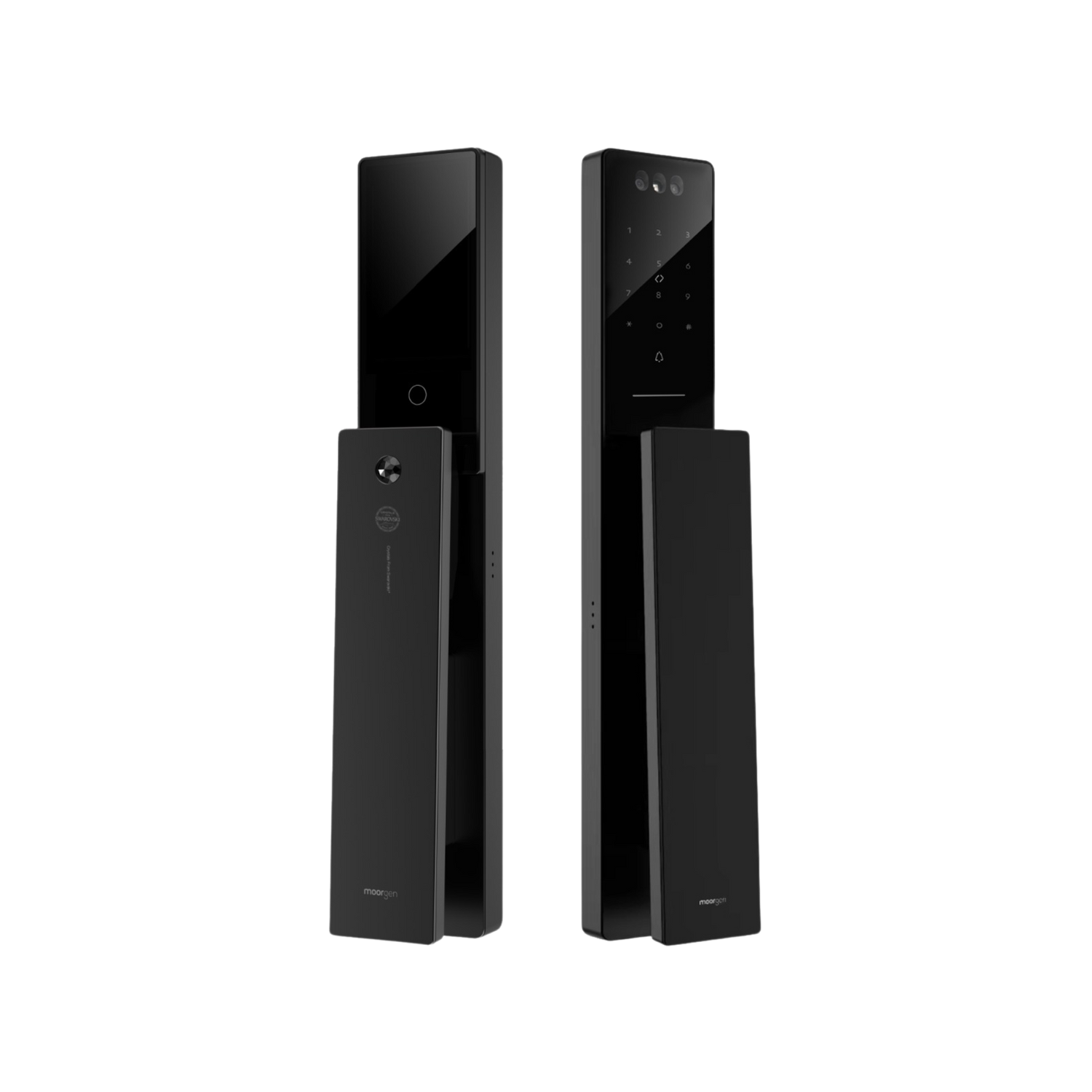

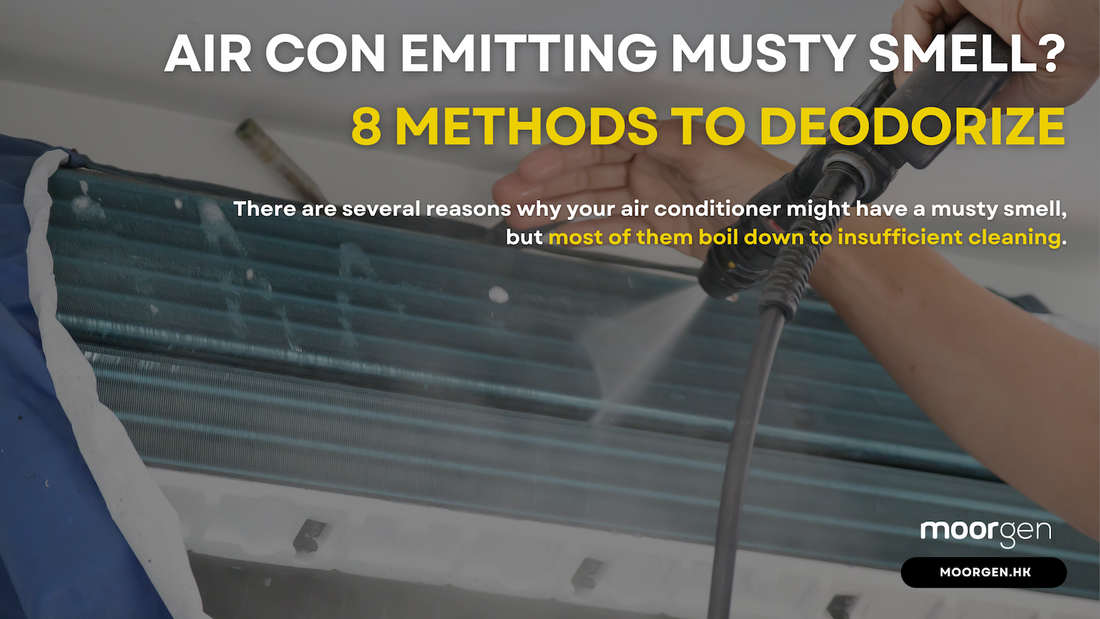




![[Smart Living] How to Choose a Smart Power Strip? Swift Transform Your Home into a Smart Home!](http://moorgen.hk/cdn/shop/articles/blog_cover_moorgen_how_to_choose_smart_power_strip.png?v=1728137093&width=533)
![[Smart Living] How to Choose LED Bulbs? Which Ones Are the Most Energy-Efficient?](http://moorgen.hk/cdn/shop/articles/blog_cover_moorgen_how_to_choose_led_bulbs.png?v=1728136975&width=533)
![[Smart Living] How to Choose an Instant Hot Water Dispenser and Use It Efficiently?](http://moorgen.hk/cdn/shop/articles/blog_cover_moorgen_how_to_choose_instant_hot_water_dispenser.png?v=1728136837&width=533)
![[Smart Living] 5 Energy-Saving Tips for Electric Kettles](http://moorgen.hk/cdn/shop/articles/blog_cover_moorgen_energy_saving_tips_electric_kettles.png?v=1728136710&width=533)
